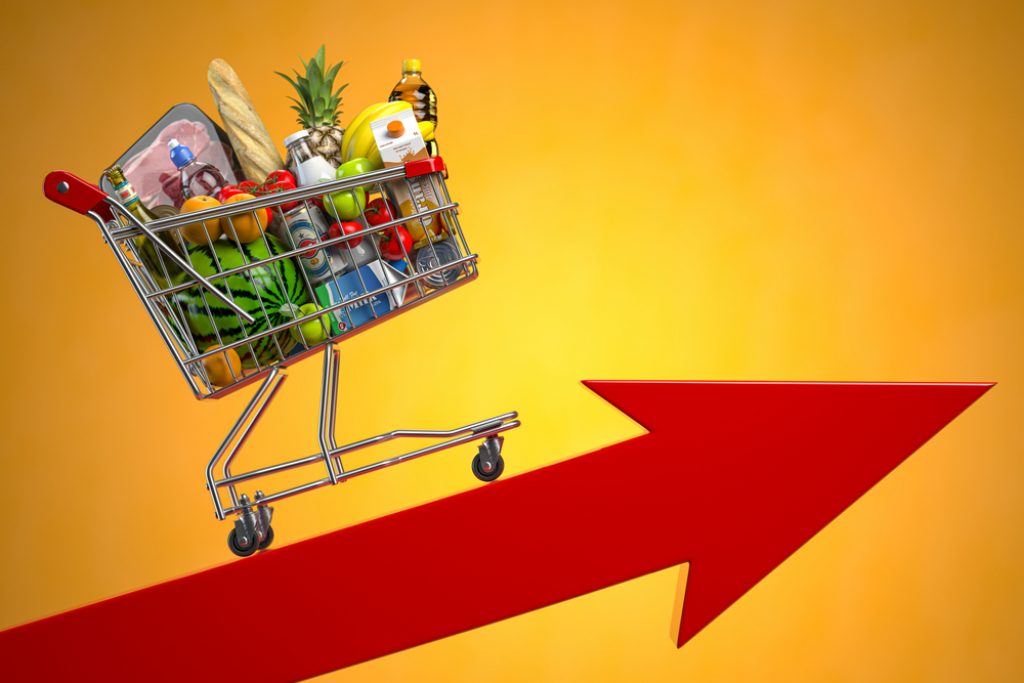In its monthly inflation report, the British Retail Consortium (BRC) found that overall shop price annual inflation was unchanged at 4.3% in December. This is below the three-month average rate of 4.6%, with shop price growth at its lowest level since June 2022.
Food price inflation has decelerated, dropping from 7.7% in November to 6.7% in December. It’s the eighth straight drop and means food price inflation is also at its lowest point since June 2022.
This was driven in part by the drop in price inflation of fresh food, which reduced by 6.7% to 5.4%, its lowest since May 2022.
However, non-food inflation rose to 3.1% in December, up from the 2.5% recorded in November, which is above the three-month average of 3%. And the prospect of inflation continuing to fall are under threat from a range of factors, including new border checks and higher business rates, BRC warned.
Can inflation fall further?
Helen Dickinson, chief executive of the BRC, noted that food price inflation dropped as a result of “retailers’ efforts to bring down prices in the run-up to Christmas”, though said non-food products had “a more challenging December”.

Wellness and wellbeing holidays: Travel insurance is essential for your peace of mind
Out of the pandemic lockdowns, there’s a greater emphasis on wellbeing and wellness, with
Sponsored by Post Office
She added that there are “obstacles on the road ahead” which will impact the chances of further falls in inflation.
“New border checks for EU imports, hundreds of millions more on business rates bills from April. Government should think twice before imposing new costs on retail businesses that would not only hold back vital investment in local communities, but also push up prices for struggling households.”




